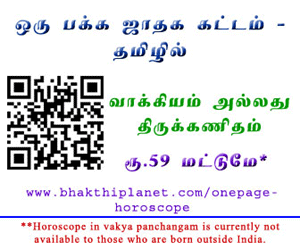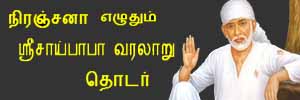Can Feng Shui be a substitute for Vaasthu?
Is Feng Shui the Chinese counterpart of our own Vaasthu Shaastra?
As in Vaasthu, where the five elements, the Panchabhoothas, are taken care of, Feng Shui, which literally means “wind” and “water,” is the Chinese art of positioning objects in buildings and other places based on the belief in the positive and negative effects of the patterns of Yin and Yang.
Yin represents the female force, while Yang is the male force. If Ying is winter, then Yang is summer. The forces of Yin and Yang can operate only if there is a flow of Chi, the vital force or energy inherent in all things. Likewise, if there is a deficiency in the placement of things, it is taken care of through remedies like lights, clocks, fish tanks, crystals, waterfalls, wind chimes, some specific plants, mirrors called Ba-Gua, and a species of fish called Arowana.
As already stated, Feng Shui is the Chinese counterpart of our Vaasthu Shaastra. Even though Vaasthu was used right from the days of the Ramayana and the Mahabharatha, in the construction of palaces and temples, it is only now, thanks to its exposure through the media, that this shaastra has taken roots among the common people. The popularity of Vaasthu has naturally brought in its wake an awareness of Feng Shui as well. What sometimes cannot be set right through Vaasthu is now being sought to be remedied by the employment of Feng Shui.
That whether Feng Shui can be used as a substitute for Vaasthu is a matter of one’s belief. Yet, it cannot be denied that there are shades of Vaasthu shaastra in the practice of Feng Shui. Take for instance, the insistence on maintaining the house neat and clean: a place conducive for Goddess Lakshmi to reside, to use a colloquial description; removing dead or dried flowers, removing bad odours and replacing them with a pleasing fragrance, avoiding construction of buildings facing a street, etc. All these are something that Vaasthu shaastra has been insisting upon from times immemorial, and yet…
It is harmful to suggest that Feng Shui could be employed to ward off the evil effects of having a well in the southwest direction or if there is an abrupt opening in the northeast. Still, if such a situation exists, what do we do? On a perusal of books on Feng Shui, we are constrained to observe that this Chinese art, like ours, insists on construction based on shaastric principles. Feng Shui adds gloss to a building constructed as per shaastric means. It is, therefore, wrong to assume that, we could ignore this basic premise and simply employ Feng Shui to overcome the deficiencies in buildings that have been built in violation of shaastric norms.
Kindly remember that by carrying out suitable modifications to a house in conjunction with shaastric principles, you are giving employment to construction workers; you are providing them a livelihood, and, to that extent, alleviating their poverty. That way you are also adding to your own merit. The use of the forces, Yin and Yang, according to the principles of Feng Shui is a matter of belief. Yet, only the construction of a house based on shaastric injunctions will ensure the full realization of the benefits of Feng Shui.
– Vijay KrisshnaRau
Copyright © www.bhakthiplanet.com All rights reserved
















Attractive section of content. great article